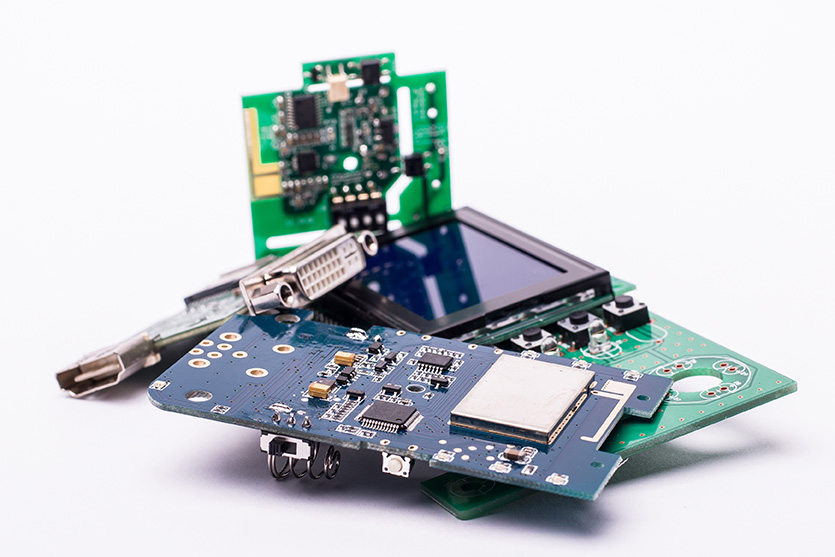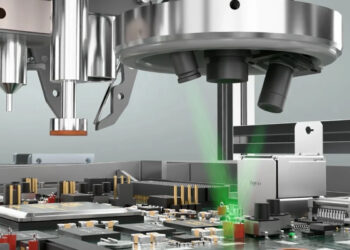Projects exploring strategies to recover key materials from end-of-life electronics have received funding from the REMADE Institute.
The Rochester, N.Y. public-private organization on May 7 announced it has awarded grants to an additional 12 projects, including two that deal with electronics recycling. The dozen grants totalled $5.9 million.
Formed in 2017, the Reducing Embodied-Energy and Decreasing Emissions (REMADE) Institute is now helping to fund 31 research projects.
Among the latest efforts approved for funding are two that are researching better ways to recover metals and plastics from scrap electronics. Brockport, N.Y.-based processor Sunnking is involved with both of them. The following are details on each:
Leaching technologies: The University of Utah and Sunnking are working on this project, which seeks to adapt relatively low-cost and low-energy leaching processes to directly recover copper and precious metals from e-scrap, while also allowing the plastics to be recovered.
“This technology could replace energy-intensive pyrometallurgical processes such as high-temperature smelting that might otherwise be used to recover metals, but due to the high-temperature, the plastics are consumed,” according to a REMADE Institute project summary.
Solvent-based approach: The University of Massachusetts-Lowell, Sunnking and the Institute of Scrap Recycling Industries (ISRI) are involved in this project to demonstrate the potential to use a solvent-based process to recover mixed metals and plastics from e-scrap.
“Following extraction of the plastics, the mixed-stream would be primarily metals,” according to a project summary. “The plastics would be recovered from the process solvent using an anti-solvent.”
This was the second round of grants for the REMADE Institute. The first round was announced in July 2018 and included a number of other e-scrap-related efforts. Sunnking is also involved in one of those, a project to develop a more-efficient and effective e-scrap logistics model.
Partially funded by the U.S. Department of Energy, the REMADE Institute is led by the Rochester Institute of Technology. A partnership of industry, academia and national labs, the institute’s goal is to reduce energy usage and greenhouse gas emissions in manufacturing.
Photo credit: gorbelabda/Shutterstock























